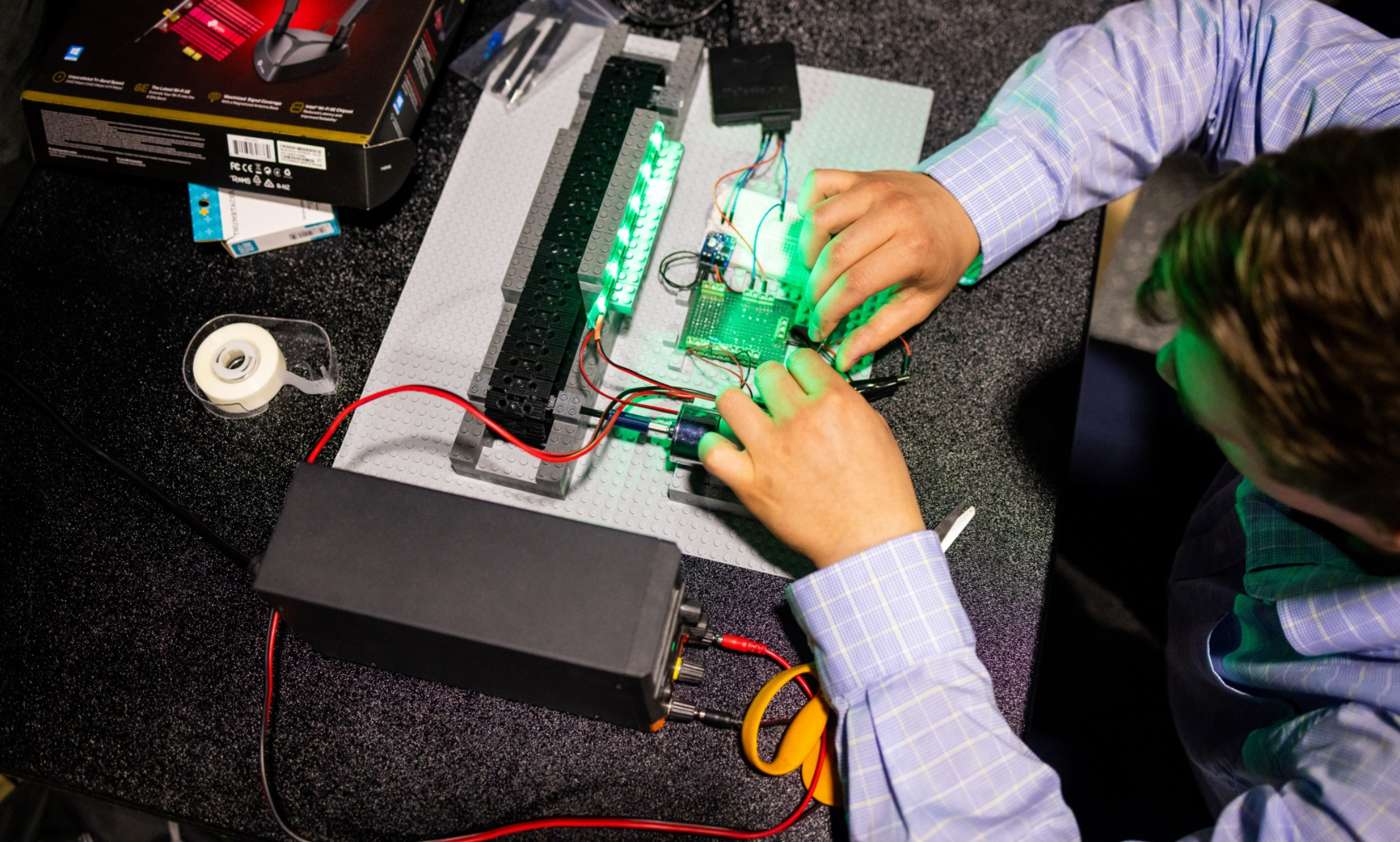The University of Missouri-Kansas City and University of Missouri will lead one of five regional centers for a new research security effort sponsored by the 2022 CHIPS and Science Act through the National Science Foundation.
The NSF announced a five-year, $67 million investment establishing the Safeguarding the Entire Community of the U.S. Research Ecosystem (SECURE) Center. Funding includes $5 million over five years for UMKC and MU to establish and run the SECURE Midwest regional center.
With support from nine institutions of higher education nationwide, including UMKC and MU, the SECURE Center aims to serve the research community to recognize and address threats to the U.S. research enterprise, such as interference and unethical or unlawful access by a foreign entity. Michele Kennett, MU associate vice chancellor for research compliance and integrity, and Anthony Caruso, UMKC interim vice chancellor for research, will lead the SECURE Midwest center.
“Research security is not common, unnecessarily complex, expensive to staff and yet essential – we are helping to make research security challenges understandable, manageable, affordable and effective,” Caruso said. “We are humbled and honored to connect to the Midwest universities.”
“We are excited to be part of an initiative that will engage university leadership, compliance officials, individual researchers and private organizations across the U.S. research community,” Kennett said. “This engagement will assure that the research community is integral in the process to arrive at security solutions that protect the national research enterprise.”
The national SECURE Center will share information and reports from the regional centers on topics such as research security risks. It will also provide training on research security to the science and engineering community, and serve as a bridge between the research community and government funding agencies to strengthen cooperation on addressing security concerns.
“The SECURE Center is how we bring the research community together to identify risks, share information and leverage national expertise on research security to develop solutions that protect essential research being done at institutions across the nation,” said NSF Director Sethuraman Panchanathan.

